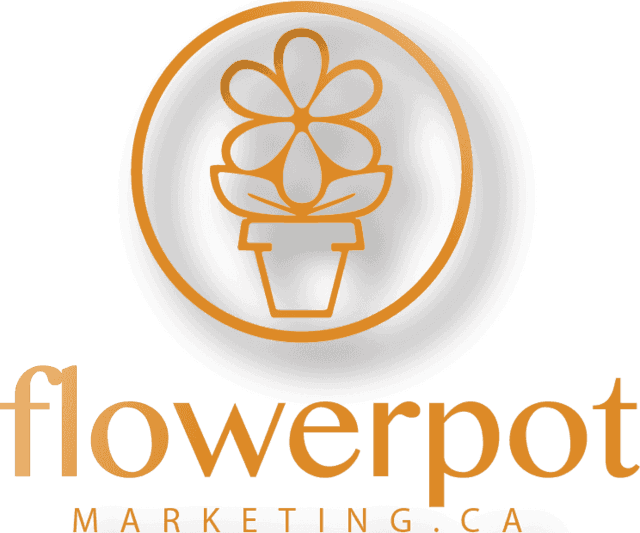By: Melissa Barlock
We’ve all been there—coming back from a vacation, long weekend, or even just the slower pace of summer, and feeling a little off-balance. The return to the regular grind can seem daunting, and that’s where routines come in. Reestablishing routines doesn’t just give us structure—it’s a powerful tool for enhancing job satisfaction, improving focus, and strengthening team dynamics. Let’s dive into how routines can work wonders for you and your workplace.
The Power of Routine
Why are routines so impactful? They offer a sense of control and predictability, which reduces stress and makes us feel grounded. When routines are disrupted, it’s easy to feel scattered or overwhelmed. By reestablishing key routines—whether personal or professional—you create an environment where efficiency, satisfaction, and productivity thrive.
How Routines Enhance Job Satisfaction
1. The Comfort of Consistency One of the main reasons routines contribute to higher job satisfaction is the comfort they provide. When you know what to expect day in and day out, work feels more manageable. This consistency reduces decision fatigue, freeing mental energy to tackle more meaningful tasks. For example, having a structured morning routine—whether that’s a 10-minute mindfulness practice or setting clear daily priorities—can put you in the right headspace for a successful workday.
2. A Clear Path for Progress Routines help break larger goals into manageable steps, offering a clear path to progress. Employees who feel they’re making consistent progress are naturally more satisfied with their work. Whether it’s regular check-ins with team members, time blocked out for professional development, or a structured schedule for tackling projects, these routines make it easier to see incremental improvements. This leads to a sense of accomplishment and purpose, key drivers of job satisfaction.
Focus and Productivity: Routines as a Mental Hack
1. Minimizing Decision Fatigue When you have a solid routine in place, you eliminate a lot of unnecessary decisions. Should I check emails now or later? Should I start this project today? These small decisions add up, draining mental energy. A well-defined routine minimizes these moments, allowing you to dive into focused work without the constant pull of indecision.
2. Protecting Your Focus Routine helps establish boundaries that protect your focus. For example, if you block off the first hour of your workday for deep work and the last 30 minutes for administrative tasks, you create a flow that reduces distractions. This not only boosts productivity but also leads to a greater sense of achievement at the end of the day. When employees feel focused and productive, they experience less frustration and more satisfaction in their roles.
3. The Power of Breaks An often-overlooked part of routines is the importance of breaks. Regularly scheduled breaks—whether a short walk outside or a quick mental reset—allow for sustained focus. When these moments are built into a daily routine, you’re far less likely to hit burnout and more likely to stay engaged and productive throughout the day.
Strengthening Team Dynamics Through Routine
1. Building Trust and Accountability In team settings, routines foster a sense of trust and accountability. When team members know there’s a routine for communication—like weekly check-ins, regular project updates, or monthly team reflections—they feel more connected and aligned. These routines ensure that everyone is on the same page, which reduces miscommunication and builds stronger relationships.
2. Creating Space for Collaboration Structured routines also create space for meaningful collaboration. A weekly brainstorming session, a monthly team-building activity, or even a routine "coffee break" chat helps teams feel more united. When collaboration becomes a regular part of your team’s rhythm, it encourages a culture of sharing ideas and supporting one another, which boosts morale and strengthens the team dynamic.
3. Flexibility Within Structure Effective teams strike a balance between routine and flexibility. While it’s essential to have consistent practices for communication and collaboration, leaving room for flexibility ensures that team members don’t feel boxed in. When routines are well-balanced, they offer just enough structure to enhance teamwork while giving employees the freedom to innovate.
Practical Tips for Reestablishing Routines at Work
If you’re ready to reintroduce or reestablish routines in your work life, here are a few practical tips:
- Start small: Don’t overhaul your entire schedule overnight. Begin by adding one or two simple routines, such as a morning planning session or a daily check-in with your team.
- Be consistent: Consistency is key. Once you’ve set your routine, stick to it. Over time, it will become second nature.
- Make adjustments: Not every routine will work perfectly the first time. Be open to tweaking and refining as you go.
- Communicate with your team: If you’re introducing new routines within your team, be sure to communicate the benefits and listen to their feedback.
Reestablishing routines isn’t just about getting back into the swing of things—it’s a strategic move that can transform your workday, boost job satisfaction, improve focus, and foster better team dynamics. Whether you’re an employee looking to stay on top of your game or an employer aiming to create a more productive, cohesive team, the power of routine is a tool worth harnessing.
So, what’s one routine you can reestablish today? Whether it’s a morning ritual that sets the tone for the day or a team check-in that strengthens communication, remember that small steps lead to big rewards. Reclaim your rhythm, and watch your work life thrive!
Enspire Dental Opportunities is looking forward to working with you.












